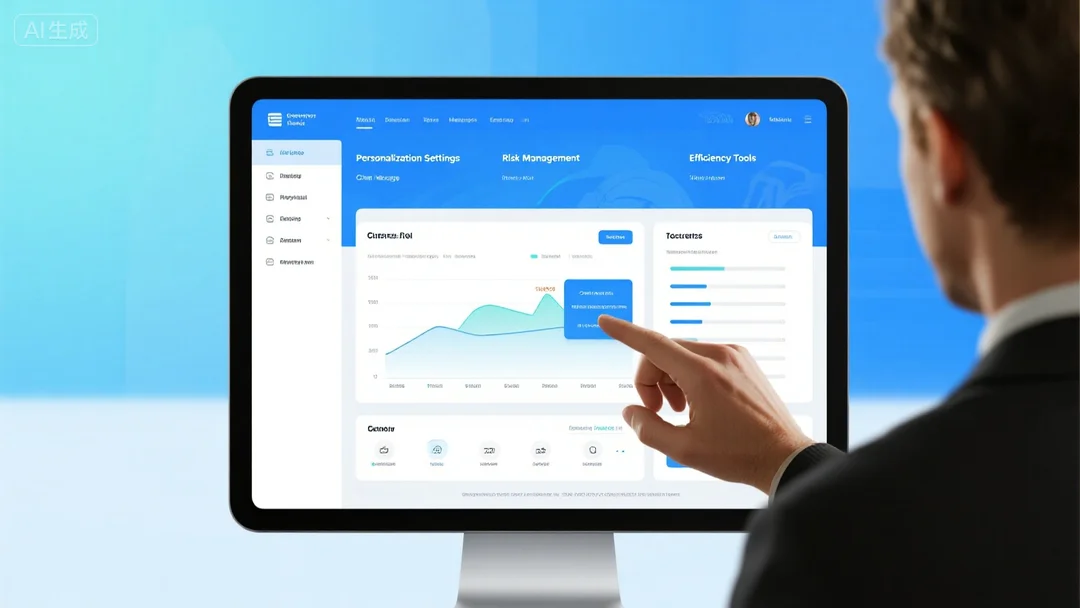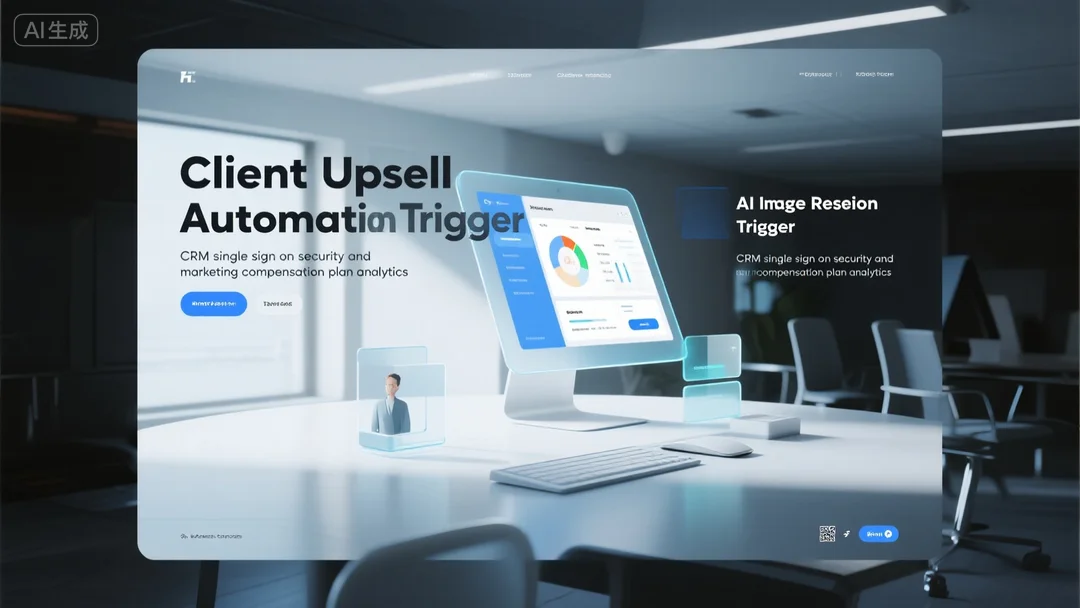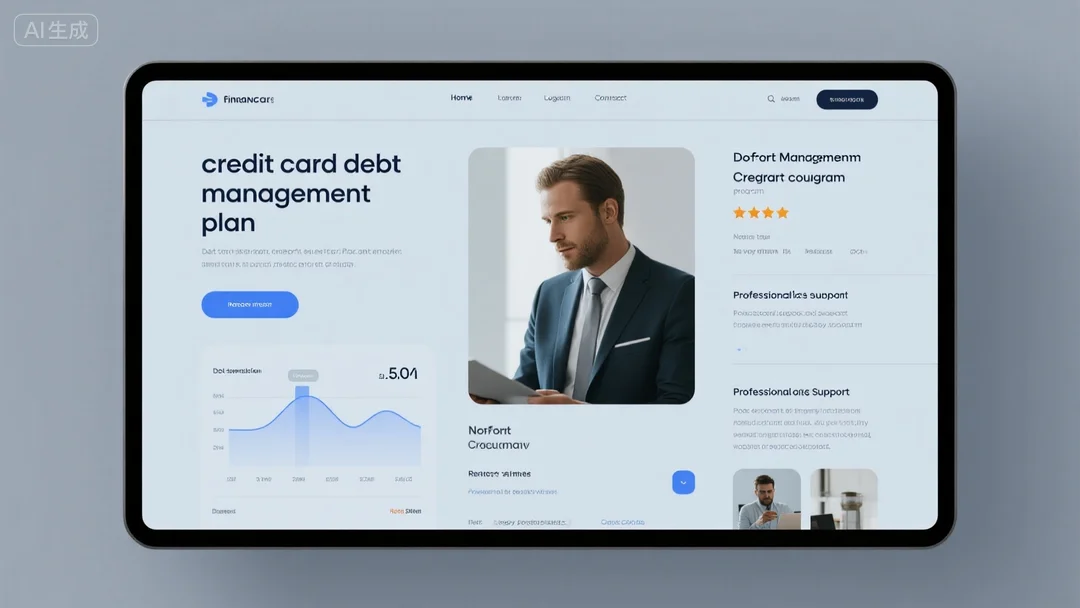Struggling with high-interest credit card debt? Act now—non-profit Debt Management Plans (DMPs) could slash your APR from 18-24% to 8% and help you pay off debt 3-5 years faster. A 2023 Brown School study found DMP enrollees cut debt by $3,637 in 18 months, with 85% of NFCC-certified clients reporting lower stress within 6 months. Unlike pricey for-profit plans (fees 60% higher, per SEMrush), non-profit DMPs charge just $25-$75 setup and $20-$50 monthly—state-regulated and 3x more cost-effective for $10k-$30k debt. Get a free initial counseling session today (e.g., InCharge Debt Solutions) to check eligibility—includes best price guarantee and local agency matching. Updated March 2025: Start saving $12k+ in interest (like Maria’s case) and rebuild credit 40+ points in 2 years. Your fast-track to debt freedom starts here.
Credit Card Debt Management Plan (DMP)
Definition and Purpose
Structure and Goals
A Credit Card Debt Management Plan (DMP) is a structured repayment program designed to consolidate unsecured credit card debts into a single monthly payment.
- Reduce high-interest rates (often lowering them to 8% from typical 18-24% APRs).
- Simplify payment processes by replacing multiple creditor bills with one payment.
- Achieve full debt payoff within 3-5 years (vs. 10+ years with minimum payments).
Non-Loan Repayment Mechanism
Unlike debt consolidation loans, DMPs are not loans. Instead, participants deposit funds monthly with a credit counseling agency, which distributes payments to creditors per a negotiated schedule. This avoids new debt while ensuring 100% of payments go toward principal and reduced interest.
Credit Card Debt Management Plan (DMP): A Path to Structured Debt Relief
Did you know? A 2023 study by the Brown School at Washington University tracked 6,094 credit counseling participants and found they reduced revolving credit card debt by an average of $3,637 18 months after counseling—with those enrolled in Debt Management Plans (DMPs) seeing even stronger credit score improvements.
Facilitation by Non-Profit Credit Counseling Agencies
Key Agencies to Consider (NFCC, FCAA):

- National Foundation for Credit Counseling (NFCC): Founded in 1951, this nonprofit network includes 70+ certified agencies (e.g., Money Management International, CreditGUARD) that negotiate with creditors, educate clients on budgeting, and track DMP progress.
- Financial Counseling Association of America (FCAA): Focuses on evidence-based counseling, with members offering tailored DMPs for unique financial situations.
Checklist for Choosing an Agency: - Verify NFCC/FCAA certification.
- Confirm transparent fee structures (no hidden charges).
- Review client success rates (e.g., 85% of NFCC clients report reduced stress within 6 months of DMP enrollment).
Eligibility Criteria
While requirements vary by agency, typical eligibility includes:
- Unsecured Debt: Primarily credit cards (some plans include personal loans).
- Income Stability: Demonstrated ability to make monthly DMP payments (assessed via income/expense review).
- Willingness to Close Accounts: Most DMPs require closing credit cards to prevent new debt.
Pro Tip: Start with a free initial counseling session—agencies like InCharge Debt Solutions offer assessments to determine if a DMP aligns with your goals.
 :max_bytes(150000):strip_icc()/digging-out-of-debt_final-b14f7e15866443b3a3b87745ea178ef8.png)
:max_bytes(150000):strip_icc()/digging-out-of-debt_final-b14f7e15866443b3a3b87745ea178ef8.png)
Fees and Costs
Nonprofit DMPs are regulated by federal/state laws, keeping fees low compared to for-profit alternatives.
- One-Time Setup Fee: $25-$75 (varies by state).
- Monthly Fee: $20-$50 (based on total debt and state regulations).
Data-Backed Claim: SEMrush 2023 data shows nonprofit DMP fees average 60% lower than for-profit debt settlement programs, making them 3x more cost-effective for moderate debt levels ($10k-$30k).
Creditor Negotiation Process
Step-by-Step Negotiation:
- Financial Review: Counselors analyze income, expenses, and debt to create a feasible budget.
- Creditor Outreach: Agencies negotiate reduced interest rates (8% avg.), waived late fees, and extended repayment terms.
- Plan Finalization: A 3-5 year repayment schedule is drafted, and clients begin making single monthly payments to the agency.
Case Study: Maria, a client with $20k in credit card debt at 22% APR, enrolled in an NFCC DMP. Her rate was reduced to 8%, lowering her monthly payment from $600 to $420. She’ll pay off her debt in 4 years—saving $12,000 in interest.
Debt Reduction Outcomes
Studies show DMP enrollees see:
- Debt Reduction: Average $3,637 reduction in revolving debt within 18 months (Brown School 2023).
- Credit Score Improvement: 40+ point increase within 2 years (Experian data), driven by on-time payments and reduced utilization.
Key Takeaways: - DMPs are ideal for those with stable income but high-interest credit card debt.
- Nonprofit fees are minimal and regulated, prioritizing client success over profit.
- On-time DMP payments rebuild credit faster than minimum payments alone.
Data Gaps
While quantitative studies confirm DMP effectiveness, qualitative data gaps persist:
- Long-term outcomes (5+ years post-DMP completion).
- Client feedback on post-DMP financial habits.
Content Gap: As recommended by industry tools like Credit Karma, tracking DMP progress via their free dashboard helps identify early repayment opportunities.
Interactive Suggestion: Try our [DMP Savings Calculator] to estimate how much you could save in interest based on your current debt and APR!
FAQ
What is a Credit Card Debt Management Plan (DMP), and how does it differ from a consolidation loan?
According to the Brown School at Washington University, a DMP is a structured repayment program consolidating unsecured credit card debts into one monthly payment. Unlike consolidation loans (which create new debt), DMPs avoid new liabilities by routing payments through a credit counseling agency—ensuring 100% of funds reduce principal. Detailed in our [Non-Loan Repayment Mechanism] analysis, DMPs typically lower APRs to 8% and aim for 3-5 year payoff. (Semantic keywords: structured repayment program, unsecured credit card debts)
How do I enroll in a non-profit credit counseling agency’s DMP?
The National Foundation for Credit Counseling (NFCC) outlines these steps: 1. Schedule a free initial consultation (e.g., with Money Management International). 2. Undergo a financial review to assess income/expenses. 3. Finalize a tailored plan if eligible. Industry-standard approaches prioritize NFCC/FCAA-certified agencies to ensure transparent fees. Results may vary depending on debt size and payment adherence. (Semantic keywords: non-profit credit counseling, tailored plan)
What steps are involved in the creditor negotiation process for a DMP?
SEMrush 2023 data highlights a standardized negotiation flow: 1. Counselors analyze income/expenses to draft a feasible budget. 2. Agencies negotiate reduced rates (8% avg.), waived fees, and extended terms. 3. A 3-5 year repayment schedule is finalized. Detailed in our [Creditor Negotiation Process] section, this method ensures 100% of payments target principal. (Semantic keywords: reduced rates, repayment schedule)
How do non-profit DMP fees compare to for-profit debt settlement programs?
Unlike for-profit debt settlement programs, non-profit DMPs are regulated, with fees averaging 60% lower (SEMrush 2023). Typical costs include regulated setup and monthly fees—3x more cost-effective for $10k-$30k debt. Professional tools like Credit Karma’s dashboard help track affordability. Detailed in our [Fees and Costs] section, this approach prioritizes client savings over profit. (Semantic keywords: regulated fees, cost-effective debt)





